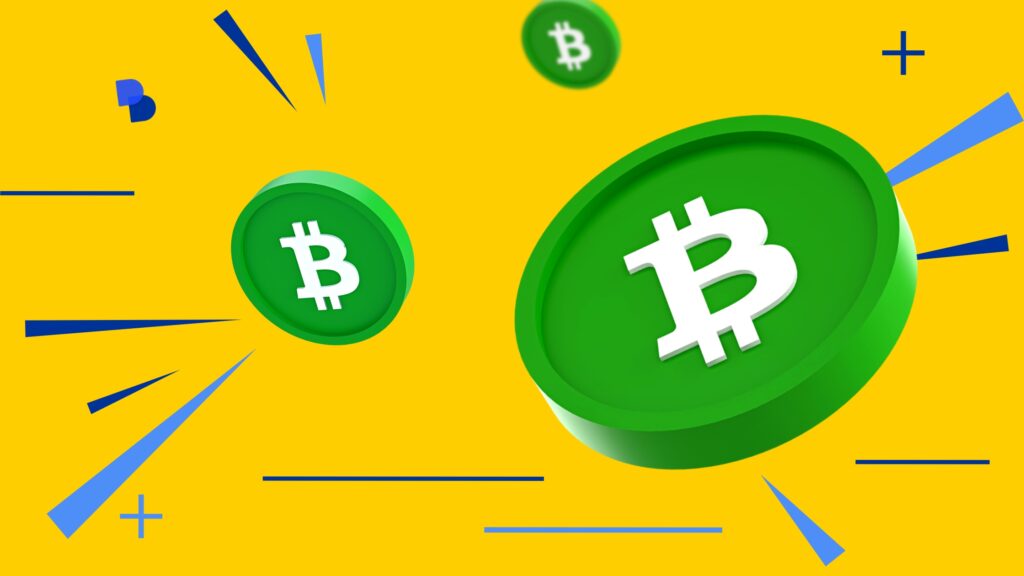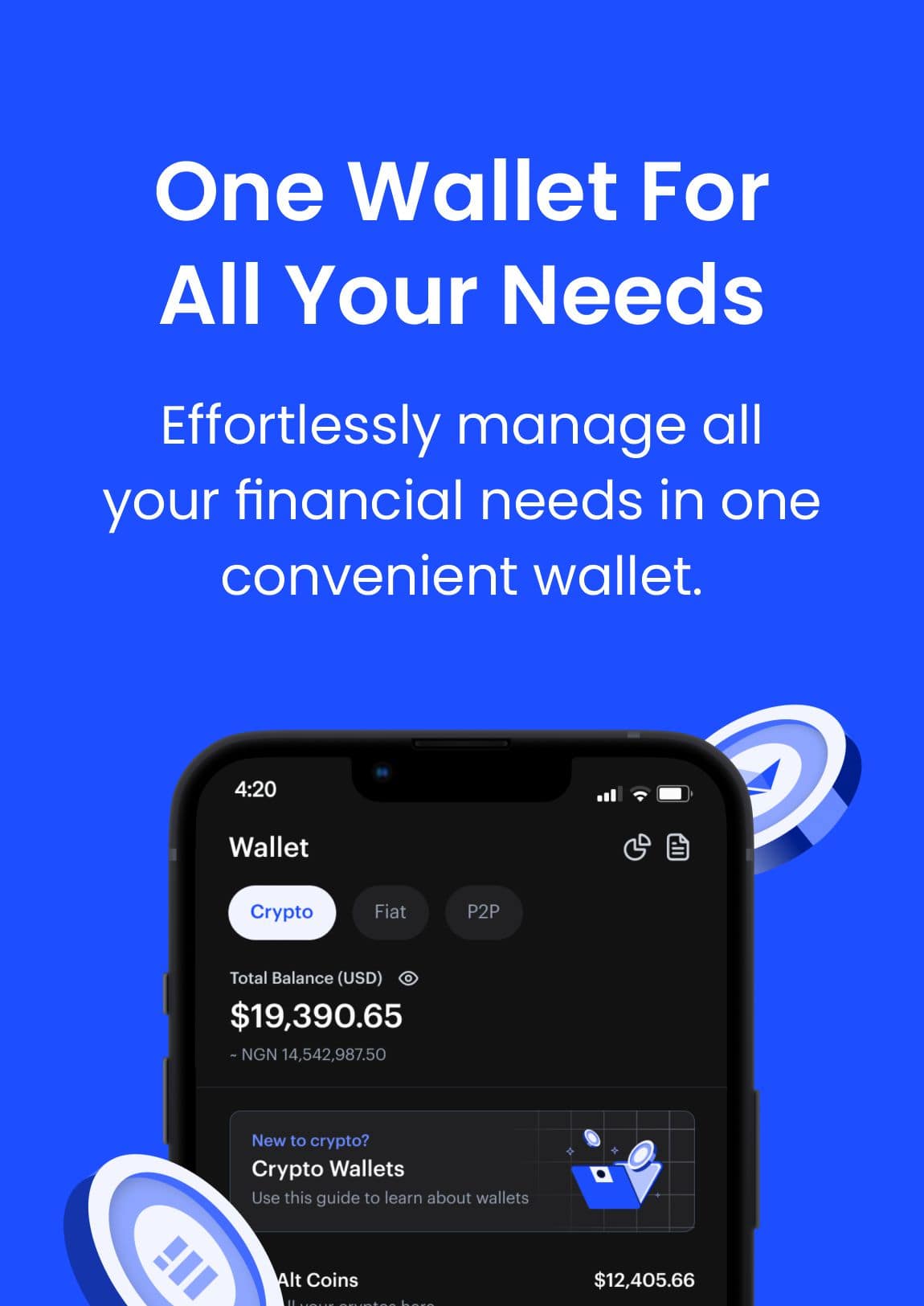Bitcoin Cash (BCH) is a direct alternative to Bitcoin that was designed to be faster and cheaper to use. It was created as a result of a blockchain hard fork.
Bitcoin Cash (BCH) is a peer-to-peer electronic cash system that aims to become sound global money with fast payments, micro fees, privacy, and high transaction capacity (big blocks). In the same way that physical money, such as a dollar bill, is handed directly to the person being paid, Bitcoin Cash payments are sent directly from one person to another.

As a permissionless, decentralized cryptocurrency, Bitcoin Cash requires no trusted third parties and no central bank. Unlike traditional fiat money, Bitcoin Cash does not depend on monetary middlemen such as banks and payment processors. Transactions cannot be censored by governments or other centralized corporations. Similarly, funds cannot be seized or frozen because financial third parties have no control over the Bitcoin Cash network.
What is BCH Used For?
Bitcoin Cash has various use cases. In addition to peer-to-peer payments between individuals, Bitcoin Cash can be used to pay participating merchants for goods and services in-store and online.
Very low fees enable new micro-transaction economies, such as tipping content creators and rewarding app users with a few cents.
Bitcoin Cash also reduces the fees and settlement times for remittances and cross-border trade. Other use cases include tokens, simplified smart contracts, and private payments with tools such as CashShuffle and CashFusion.
What Makes Bitcoin Cash Different From Bitcoin
In 2017, the Bitcoin project and its community split in two over concerns about Bitcoin’s scalability. The result was a hard fork which created Bitcoin Cash, a new cryptocurrency considered by supporters to be the legitimate continuation of the Bitcoin project as peer-to-peer electronic cash. All Bitcoin holders at the time of the fork (block 478,558) automatically became owners of Bitcoin Cash. Bitcoin, which was invented by Satoshi Nakamoto, remains a separate cryptocurrency.
Unlike Bitcoin (BTC), Bitcoin Cash aims to scale so it can meet the demands of a global payment system. At the time of the split, the Bitcoin Cash block size was increased from 1MB to 8MB.









